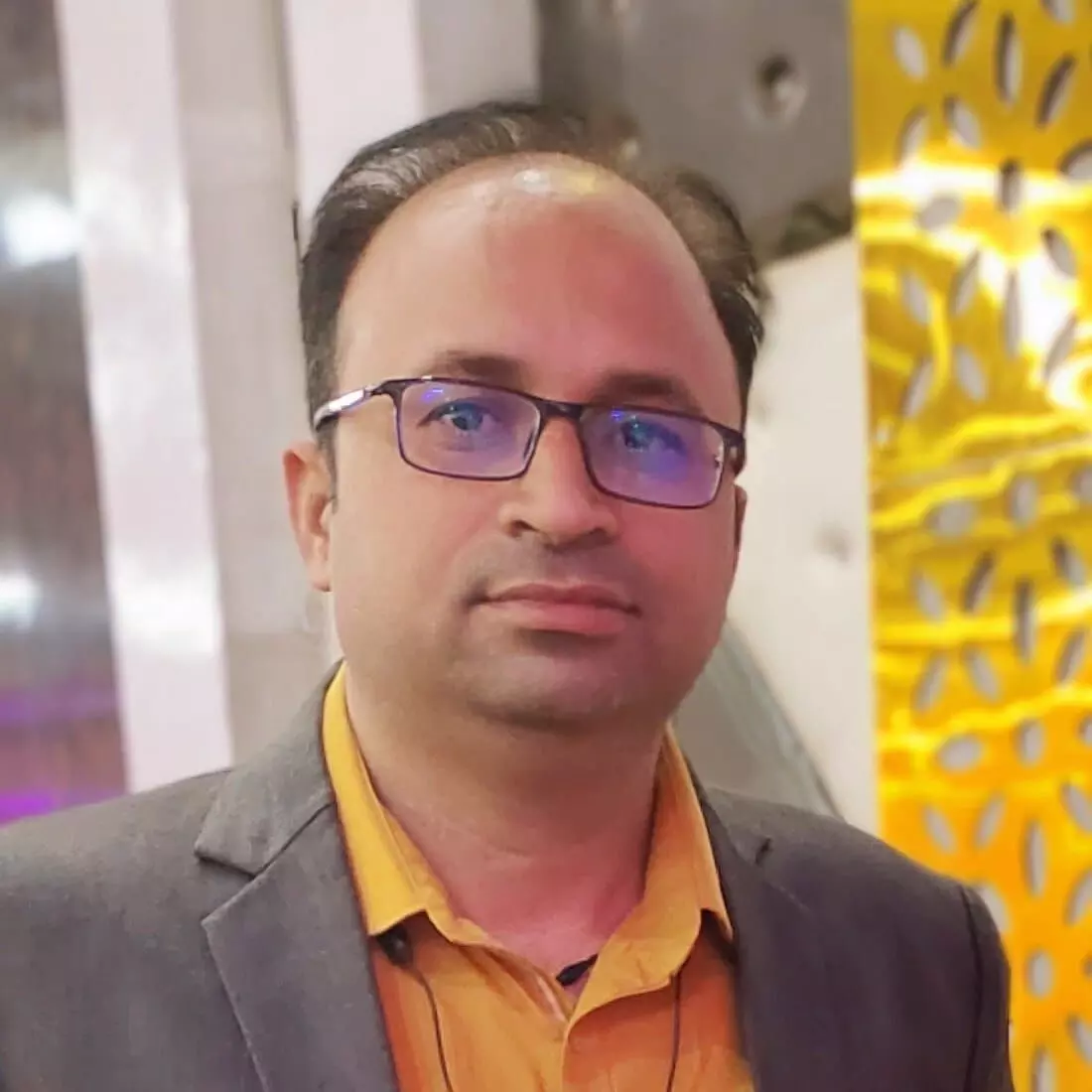Tuning in to Change: How Radio can Empower Vulnerable Children

Radio has long been an influential medium for communication, particularly in reaching audiences across diverse geographies and languages. In the fight against child trafficking, radio holds significant potential as a powerful tool for spreading awareness, educating communities, and mobilizing action. Given its vast reach and accessibility, radio can help combat the growing threat of child trafficking by becoming a key spokesperson for vulnerable children, bridging the gap between local communities and crucial information that can save lives.
Radio: A Universal Platform for Communication
One of the most compelling reasons why radio is so effective in addressing child trafficking is its broad accessibility. Unlike other mass media such as television or print, radio is more affordable and can reach areas with lower literacy rates. In countries like India, where there are diverse linguistic, cultural, and geographical challenges, radio provides a vital link to information. With All India Radio (AIR) broadcasting in 23 languages and over 140 dialects, it has the capacity to reach millions of listeners across urban and rural areas alike, disseminating critical messages about child protection and trafficking.
A research study conducted by AZ Research PPL in 2020 found that during the COVID-19 pandemic, 82% of people were tuning in to radio, demonstrating its significant role as a trusted source of information. During times of crisis, radio becomes even more essential, as it provides information and serves as a lifeline for many families. This is particularly important when children are at risk of being trafficked or exploited, as the knowledge imparted via radio can be a first line of defense against trafficking networks.
Local Context and Dialect: Key to Effective Messaging
The effectiveness of radio in combating child trafficking lies not only in its broad reach but also in its adaptability to local contexts. For instance, an FM station in Haryana, India, can broadcast in the local dialect, ensuring that the message resonates with the community. This localized approach is critical when addressing complex social issues like trafficking, which can manifest differently in various regions.
In Jharkhand, for example, child trafficking often involves the exploitation of girls into bonded labor or sex slavery by placement agencies. Radio campaigns in the local dialects can help educate parents about these deceptive practices, alerting them to the dangers and encouraging them to protect their children. In such cases, radio serves as a direct and personal channel to affected communities, ensuring that the information is relevant and culturally sensitive.
Sensitizing Communities: Radio as a Tool for Advocacy
Radio can play a pivotal role in raising awareness about the signs of trafficking and the tactics used by traffickers. One of the most critical messages to communicate is the false promises traffickers often make, such as offering free education or a better life for children. Radio campaigns can help parents and communities recognize these deceptive tactics and understand how traffickers exploit vulnerable children.
A notable example of how radio has helped raise awareness about child protection is the "Beti Bachao, Beti Padhao" campaign, which has gained significant traction in India. This campaign, which aimed at saving the girl child and promoting gender equality, was broadcast extensively through radio, TV, and print media. Both state-owned All India Radio and private FM stations collaborated with NGOs and activists to deliver powerful messages that led to positive changes in the sex ratio in regions like Haryana. This success underscores the ability of radio to drive social change when coupled with sustained efforts and grassroots engagement.
In 2024, the country witnessed a significant shift in its approach to child protection, with the judiciary taking decisive steps toward establishing a more comprehensive and robust framework. Landmark rulings throughout the year have reshaped the way children are viewed and treated under the law. On September 23, 2024, the Supreme Court declared that individuals involved in viewing, downloading, storing, possessing, or distributing child pornography could be prosecuted under both the POCSO Act and the IT Act in a petition filed by Just Rights for Children Alliance.
Additionally, on October 18, 2024, the Court issued guidelines to strengthen the implementation of the Prohibition of Child Marriage Act, 2006, emphasizing that child marriage deprives a child of her right to choose a life partner. In another ruling from August 2024, the Supreme Court directed States and Union Territories to ensure the compulsory appointment of support persons for victims of child sexual abuse. To effectively implement these rulings on the ground, radio can serve as a powerful tool to raise awareness about the key aspects of these judgments, highlighting the punishments for exploitation and the legal consequences of mistreating children.
Community Radio: Amplifying Local Voices
Community radio stations have become an integral part of social change, particularly when it comes to raising awareness about child trafficking. Launched more than 15 years ago, community radio stations have focused on local issues and provided an interactive platform for the community to engage with pressing social challenges. These stations are typically more accessible to smaller communities, with a limited reach of about 5-10 kilometers.
For example, stations like Radio Snehi in Siwan, Bihar, Radio Mann in Madhya Pradesh, and Radio Jamia and IIMC Radio in Delhi have made significant contributions in addressing social issues, including child trafficking. These stations not only use local languages but also create programs tailored to the specific needs of the community, raising awareness about the dangers of trafficking and providing guidance on how to prevent it.
NGOs, radio operators, and government organizations can collaborate to create a powerful network to fight trafficking at the grassroots level. For instance, if a local community radio reaches 50,000 people daily, a sustained campaign could create a massive impact by informing the public and offering support to those at risk.
A Cost-Effective Medium for Mass Awareness
Another advantage of radio is its cost-effectiveness, particularly when compared to the expensive advertising costs associated with television or print media. Running awareness campaigns on radio can reach large audiences at a fraction of the cost, making it an ideal platform for NGOs and activists working on limited budgets.
Radio channels can also host interactive sessions, inviting subject matter experts to discuss the issue of trafficking, answer questions, and provide practical tips on how communities can protect their children. These programs can feature success stories, interviews with survivors, and real-time information on how to report suspected trafficking cases. Engaging discussions on radio make the issue of trafficking a part of everyday conversations, helping to normalize discussions around child protection and safety.
Conclusion: A Collective Effort to Combat Trafficking
The potential for radio to combat child trafficking has yet to be fully realized. However, through local partnerships, sustained campaigns, and leveraging its wide reach, radio can become a powerful tool in raising awareness and mobilizing communities to take action. By continuing to harness the power of radio alongside other media, NGOs, governments, and activists can create a collective force that ensures children are better protected from trafficking networks.
With the right support and collaboration, radio can serve as a vital spokesperson for vulnerable children, amplifying their voices and ensuring they are not forgotten in the fight against trafficking. As Activist Bhuwan Ribhu says, 'If we fail to protect our children now, nothing else we do in the future will matter’. Radio could very well be the most effective way to change the lives of our children.
Paroma Bhattacharya, Senior Communication Professional
